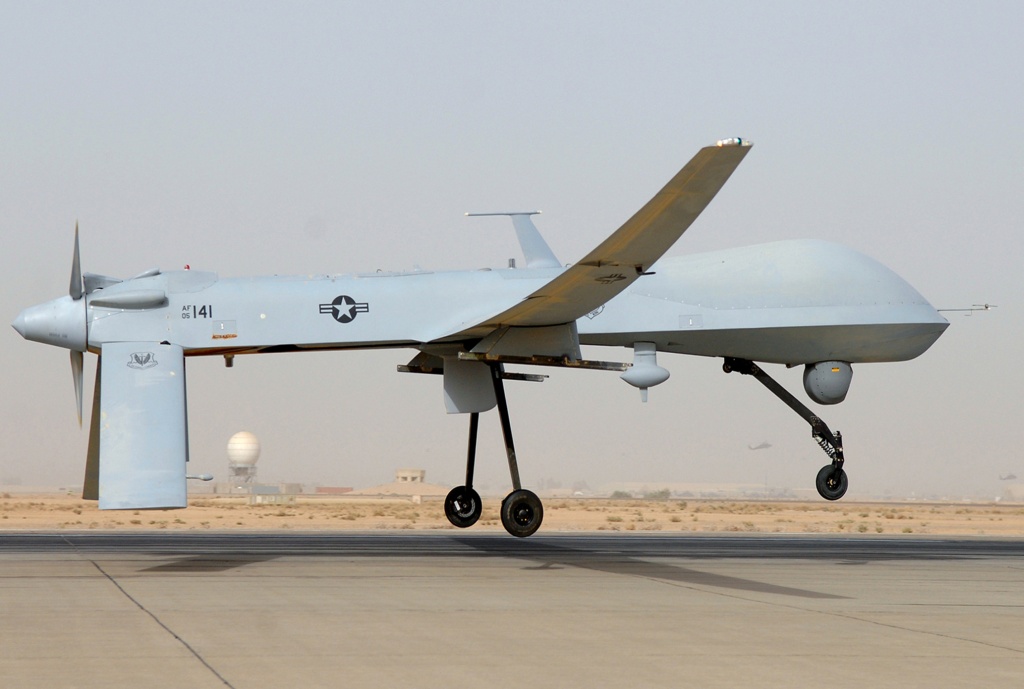Air Force officials announced Aug. 4 that Hurlburt Field, Fla., is the preferred alternative for the Air Force Reserve Command MQ-1 remote split-operations squadron.
Hurlburt Field will receive a single MQ-1 RSO squadron consisting of 140 personnel and associated equipment. This action does not involve remotely piloted aircraft, only ground control systems.
The MQ-1 Predator’s primary mission is to provide intelligence, surveillance, reconnaissance and precision-strike capability for joint force commanders.
Predator flight operations are split between launch and recovery element aircrews overseas and mission-control element crews based in the United States. LRE crews launch and recover the aircraft within the area of responsibility. MCE crews operate the aircraft via satellite data links from locations within the States.
RSO-only squadrons are not assigned remotely piloted aircraft based in the United States, but they support the RPA operational mission flying combat missions from stateside ground stations.
Secretary of the Air Force Michael Donley and Chief of Staff of the Air Force Gen. Norton Schwartz announced in May 2011 that the Eglin Complex in Florida was the candidate location for the Air Force Reserve Command MQ-1 remote split-operations squadron. The Eglin complex includes Eglin Air Force Base, Hurlburt Field, Duke Field, Camp Rudder and Choctaw Field.
Site survey teams evaluated the bases at the candidate location for feasibility, timing, cost and planning purposes to meet initial operational capability requirements. The secretary of the Air Force and Air Force chief of staff considered the site survey results and other military-related factors in choosing Hurlburt Field as the preferred alternative.
“The selection of the preferred alternative is the result of a deliberate, enterprise-wide assessment,” said Kathleen Ferguson, deputy assistant secretary for installations. “The Air Force looks forward to working with the communities surrounding this base to ensure any concerns are addressed.”
A preferred alternative is the location the Air Force believes best fulfills mission requirements and responsibilities. Environmental, operational, technical and other factors go into picking the location.
Air Force officials said naming the preferred alternative is not the final step in the selection process. An environmental assessment will determine the final basing selection.










